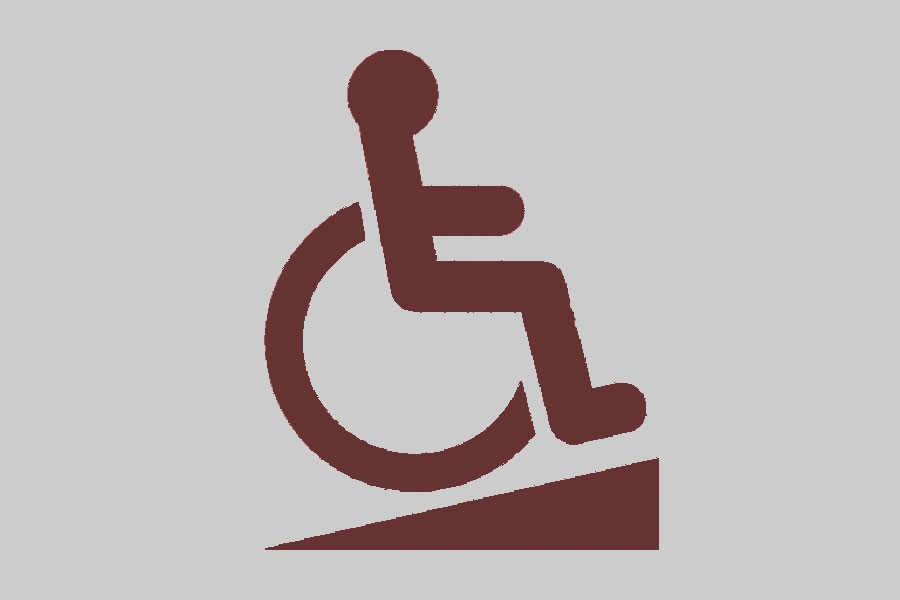
Published :
Updated :

Japan's grant of Tk 6.6 million for rehabilitation of poor people with disabilities may not be a huge sum but in terms of humanitarian service its value surpasses the financial consideration. The recipient of the fund, Trust for the Rehabilitation of the Paralysed (TRP) will utilise the money under its core project "Centre for Rehabilitation of the Paralysed" (CRP) for the benefit of the poor people with disabilities in Barishal. A rehabilitation centre was inaugurated there in order to help alleviate the sufferings of the 0.16 million such handicapped people in that district. The centre the CRP ran in Barishal had too limited a space to provide physiotherapy for the ailing persons with disabilities. Many of those patients had to travel to Dhaka for the purpose. Hopefully they will now be spared the travail of making the arduous journey to the capital or thereabouts.
Valerie A Taylor who started the rehabilitation centre for the disabled at Savar actually has made it a life's mission to care for people who are ignored by most people. On that count, the nation ever stands indebted to her. Now she has been expanding the reach of the service beyond Dhaka at the district level. It is a great initiative and Japan has become a willing partner to provide momentum to this humanitarian cause. In this country, even the most compassionate person would not think of providing institutional service other than providing some donation. But Valerie has charted a territory where others fear to tread and she has done so most admirably. However, her organisation has faced challenges in pooling resources for running her rehabilitation centres. Japan's financial contribution will be of help. In a country where the incidence of disabilities is quite high, her lone effort has come as a blessing. But she has her limitation. So others should either help her financially or join hands with her to enhance the capacity of the CRP.
Even a most healthy person can become paralysed all on a sudden. Injury received from accidents, sports or from any other awkward situation can lead to paralysis to any of the limbs or even the whole body. The rich can seek treatment in specialised hospitals and medical centres at home or abroad. But for the poor, the highly costly treatment proves unaffordable. Centres like the CRP are the last resort for such hapless people. So such centres should receive both private and public patronage.
Last but not least, rehabilitation by way of physiotherapy does not mean cure from disability alone; there is a need for training such persons for their livelihoods. Thankfully, the CRP arranges vocational training for the poor recovering fully or partially from their physical constraints. If such poor people can be provided with some means of livelihood, they no longer prove to be a burden on society. So here is an area where social, economic and humanitarian services blend together. Moneyed people can be part of the noble mission by generously donating to the cause.


 For all latest news, follow The Financial Express Google News channel.
For all latest news, follow The Financial Express Google News channel.